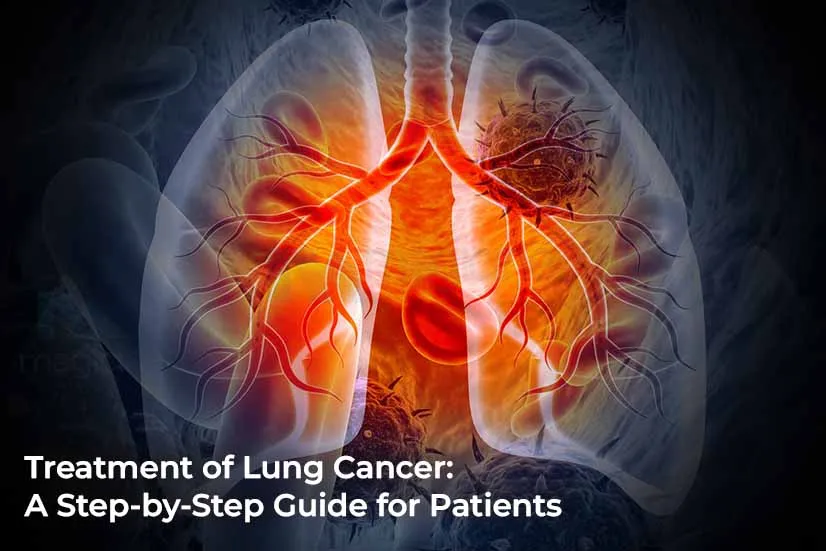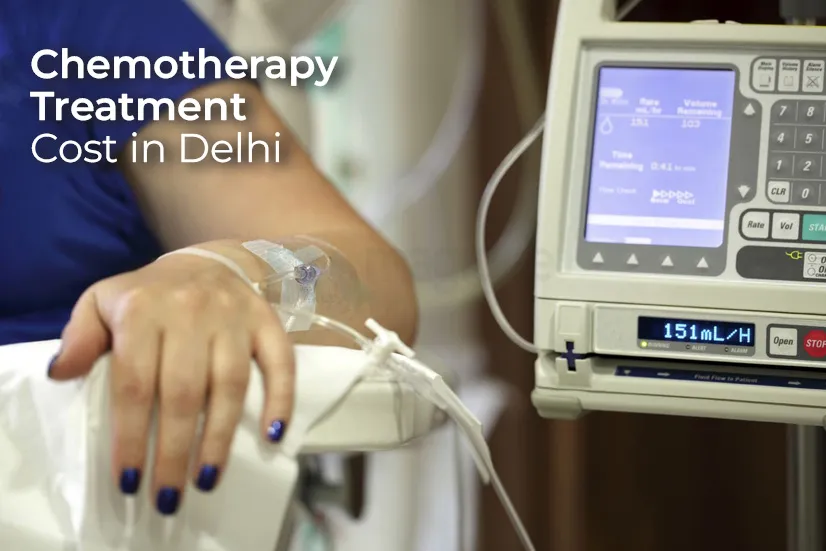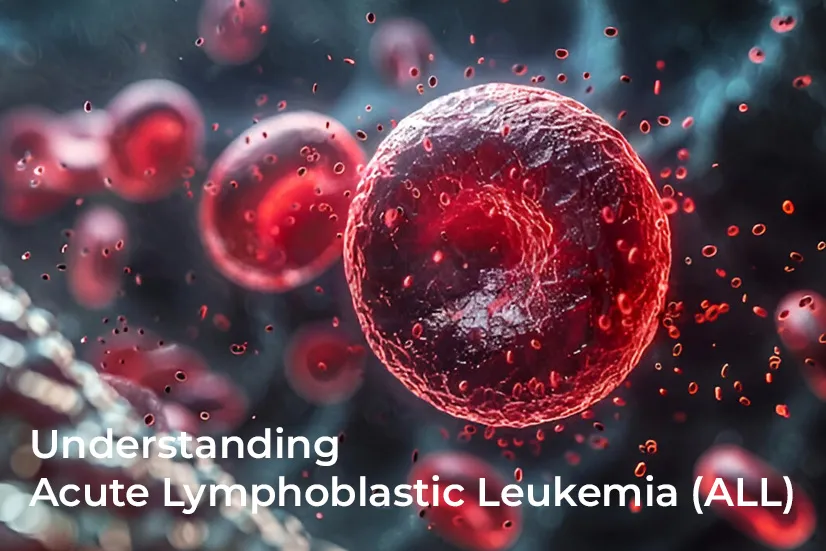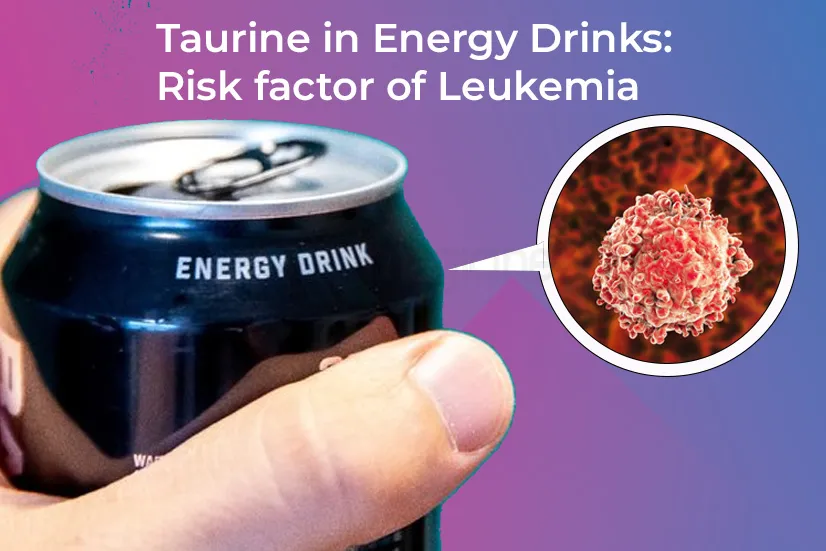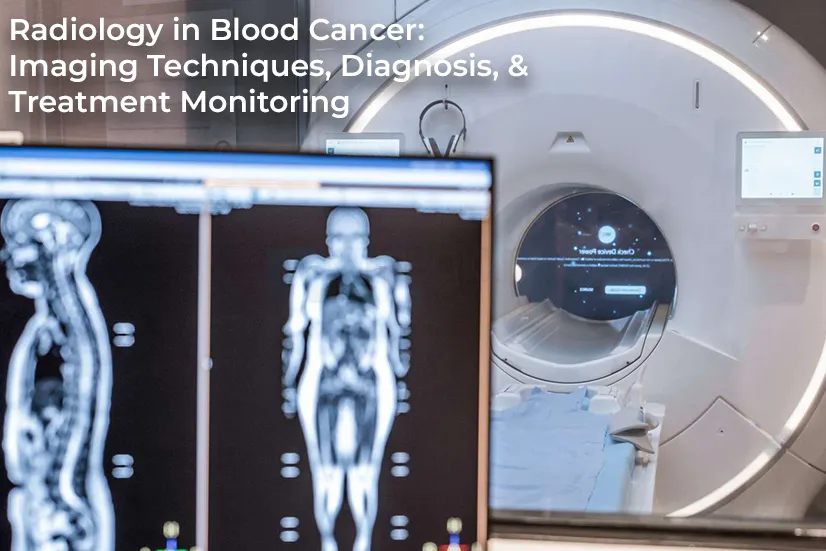The Role of Anticancer Drugs in Chemotherapy

By Nonish Sharma / 7th February 2025
Chemotherapy is known as a type of cancer treatment. It utilizes a strong dosage of drugs to target and kill cancer cells. Growing cases of cancer have led to the development of different treatment methods. Chemotherapy is one of the preferable and most prescribed by doctors. This therapy is made with basic knowledge about science, the human body, and chemicals. The human body is a complete makeup of genes. When a mutated (changed) gene produces several copies of it in the human body. It means the activity of that particular gene is much higher than normal. This abnormal growth of cells results in cancer and also leads to the formation of tumors. The cancerous cells produced in the body multiply abnormally. Anticancer Drugs are used to prevent the uncontrollable growth of cancer cells. Additionally, they also stop the cancer cells from spreading to different organs.
How does Chemotherapy help in battling Cancer?
Chemotherapy works in different mechanisms to destroy cancer cells. There are different methods by which this therapy is introduced to people. It is mainly given in the form of Anticancer Medicines. These medicines are given to stop the division process of cancer cells. These drugs damage the DNA & RNA of the cancerous cells. Additionally, It also triggers a process known as apoptosis. That is the controlled death of cancer cells. Some drugs interfere with the metabolic processes of cancer cells. This interference makes it difficult for cancer cells to survive and multiply. The dosage and time of this therapy are calculated considering various factors. These factors are the type of cancer, the aim of the treatment, and the body's response to the medicine.
Types of Chemotherapy Drugs
There are various types of chemotherapy drugs available on the market. Every drug targets cancer cells by different mechanisms. The most frequent kinds of chemotherapy drugs are mentioned below:
Alkylating Agents: These work by stopping the growth of cancer cells by binding with the genetic material of the cancer cell. These agents especially act on genetic mutations, reducing DNA synthesis, and chromosomal aberrations.
Anti-metabolites: They create an interference with the DNA & RNA growth process. These function by replacing the fundamental units of DNA & RNA. By disturbing the formation of genetic materials, they prevent the growth and multiplication of cancer cells.
Anti-tumor Antibiotics: These antibiotics function by changing the DNA present inside the cancer cells. They also interfere with the function of the enzyme that is necessary for the replication of DNA. This slows down the growth and replication process of cancer cells.
Topoisomerase Inhibitors: These inhibitors work by interfering with the activity of enzymes known as topoisomerases. This helps to separate the different strands of DNA so that copying can take place.
Mitotic Inhibitors: These work by destroying the cancer cells by interfering with the functioning process of some enzymes. It prevents cancer cells from synthesizing proteins that are important for cell reproduction.
Methods of Administering Chemotherapy
Chemotherapy can be introduced to the patient in different ways. It depends on the type and area affected by the cancer. Moreover, the chosen drug for treatment and the complete treatment plan plays an important role in chemotherapy. Here are some common methods:
Intravenous (IV) Chemotherapy: It is considered the most common method used in chemotherapy. The chemotherapy drugs are administered by injection directly into a vein by using an IV line. It allows the medicine to enter the blood and targets the cancer cells. This kind of chemotherapy drug is given by an experienced nurse or doctor. It is given in the form of a short injection or through a drip over a longer period. Chemo through IV is usually given in a hospital or a clinic. The commonly used anticancer injection is Azacitidine 100mg injection for blood cancer.
Oral Chemotherapy: These chemotherapy drugs are administered by mouth. They come in different forms like pills, capsules, or liquids. This is one of the easiest and most convenient methods of taking medicine. The medicine can be taken at home but following a strict timing of the dosing schedule as prescribed by the healthcare experts. Some of the oral drugs are Enzalutamide 40mg capsule for prostate cancer and Pirfenidone 100mg tablet for Idiopathic Pulmonary Fibrosis. These drugs are available at Magicine Pharma at discounted prices.
Injection: In this method, the drugs are injected directly into a muscle (intramuscular) or under the skin (subcutaneous). This method is effective for certain types of chemotherapy drugs but is used less frequently as compared to IV or oral administration. Doctors prescribe Fulvestrant 250mg injection for breast cancer which is given intramuscularly.
Intrathecal Chemotherapy: The medicine is directly injected into the cerebrospinal fluid surrounding the brain and spinal cord in this method. Doctors prescribe this kind of treatment in cases where cancer has spread to the central nervous system. And also in cases to prevent cancer from spreading to the central nervous system.
Intraperitoneal Chemotherapy: The chemotherapy drugs are directly administered through a syringe into the peritoneal cavity. It is the area that has all the abdominal organs. This type is majorly used in cancers that have spread in the abdominal region such as ovarian cancer.
Intra-arterial Chemotherapy: This drug is administered by injection directly into the artery. This artery supplies blood to the cancer cells. This method facilitates the direct delivery of a high drug concentration to the cancer cells. It also reduces the exposure of anticancer medicines to the rest of the body.
Topical Chemotherapy: In this kind, the chemotherapy drugs are applied topically (on the skin) as a cream or lotion. It is prescribed for certain types of skin cancers. It targets cancer cells on the surface of the skin.
Chemoradiation: Radiation therapy along with chemotherapy is given to the cancer patient to increase the effectiveness of both treatments.
Conclusion
Starting a journey to fight cancer with chemotherapy needs patience and strength. This journey can be quite challenging due to the side effects of different medicines. The response to the treatment plays a major role in the recovery of the patient. Be kind to yourself while undergoing chemotherapy. Your body undergoes drastic changes during the treatment which are sometimes very hard to accept.Take help from healthcare experts, family, or friends to stay strong on this hard path. Magicine Pharma stands with you in all ways, you're not alone in this journey. We'll fight together and come stronger.
FAQs Related to Anticancer Drugs in Chemotherapy
Q. What is the frequency of receiving Chemotherapy?
The number of times a person undergoes chemotherapy treatment depends on the type of cancer, specified drug, aim of the treatment, and the health condition of the patient. It is usually given in cycles with rest period in between for better recovery.
Q. Is hair loss caused due to chemotherapy permanent?
Losing hair is one of the most common side effects of chemotherapy treatment. It totally depends on the type of drugs and dosages prescribed by the healthcare expert. Hair starts regrowing after some time of completing chemotherapy.
Q. Is undergoing chemotherapy painful?
It is not painful in cases where chemotherapy drugs are directly injected into the bloodstream. There might be some burning sensation when the drugs are given into the vein.
Q. Is it possible to live a normal life after chemotherapy?
Yes, there are people who live an ordinary life after going through chemotherapy treatment. Some people may find it tough as they tend to feel uneasy frequently after the treatment.
Q. Is it common to undergo multiple rounds of chemotherapy?
While undergoing chemotherapy, a person normally has around 4 to 8 cycles of treatment. After completing each round, a person is given some rest period for fast recovery.
References
https://www.cancerresearchuk.org/about-cancer/what-is-cancer/how-cancer-starts
https://pmc.ncbi.nlm.nih.gov/articles/PMC8904426/
https://pmc.ncbi.nlm.nih.gov/articles/PMC10203373/
https://www.macmillan.org.uk/cancer-information-and-support/treatment/types-of-treatment/chemotherapy/how-chemotherapy-is-given
https://www.dana-farber.org/cancer-care/treatment/chemotherapy/oral-chemotherapy
https://www.lls.org/treatment/types-treatment/methods-administer-drugs
https://news.cancerresearchuk.org/2013/01/18/getting-to-the-root-of-tumour-blood-vessels/
Written by
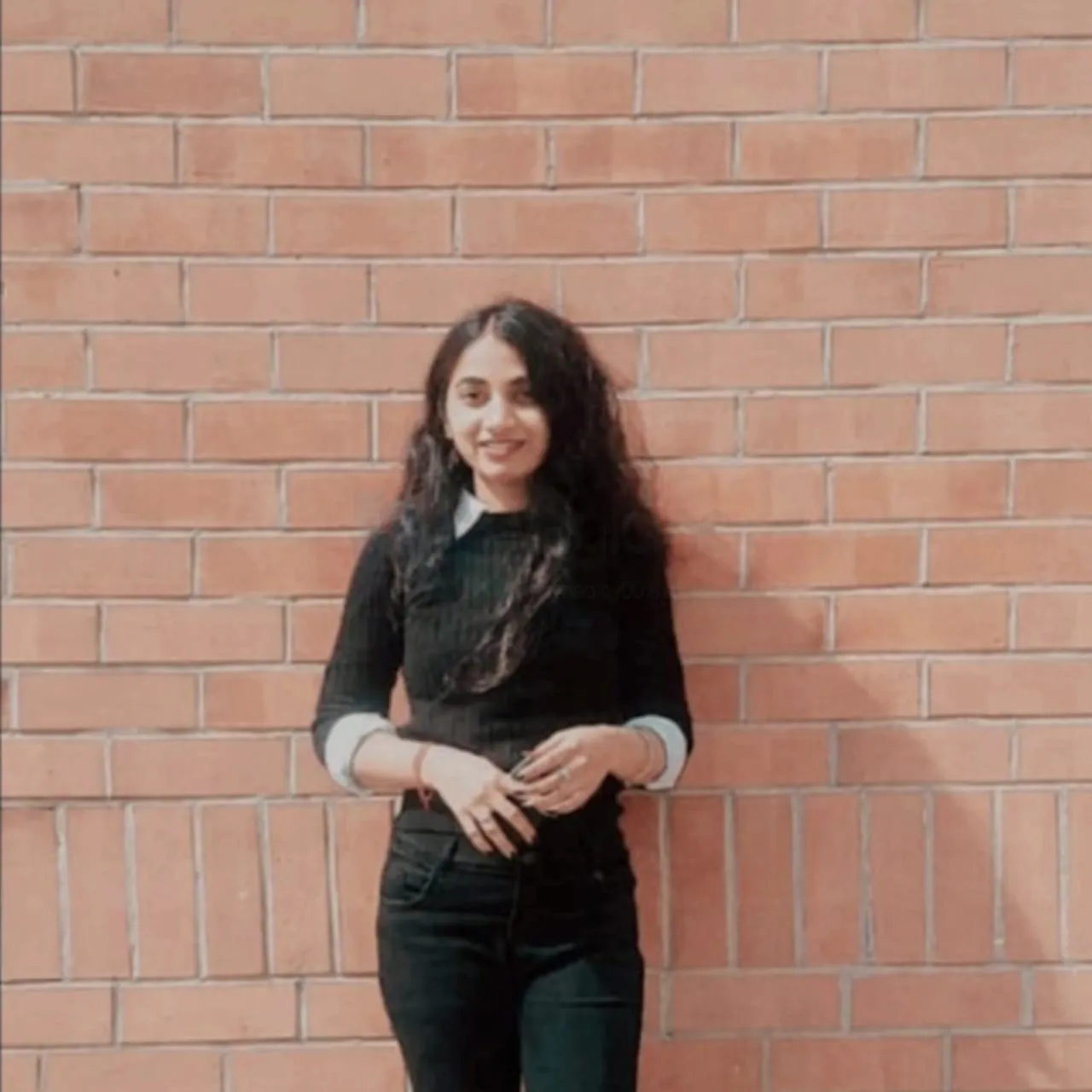
Nonish Sharma
Associate Medical Content Writer at Magicine Pharma
M.Sc Biotechnology from Mewar Institute
About
I am a medical content writer with a strong academic background in life sciences. I have completed M.Sc Biotechnology from Mewar Institute and B.Sc. honors Biochemistry from University of Delhi with hand-on research experience in nano-biotechnology. During my master's research project in "Green synthesis of silica nano-particle using biogenic waste and enhancing its antimicrobial properties by incorporating it with silver and zinc nano-particles for waste water treatment", I have gained amazing experience in synthesis and characterization of nano particles by using different biological techniques and scientific writing. My experience made me capable of writing detailed, accurate, and deep scientific content. I blend my scientific knowledge with medical content writing to simplify complex topics and make them reader-friendly.
No comments available
Related Post
Leave a Comment
Categories
Recent Posts

Can Ovarian Cancer be Prevented with Birth Control and Pregnancy?
In today's time ovarian cancer has become the most...

Korean Skincare Routine: Philosophy, Step by Step Guide to Transforms Your Skin
Over the ten years, the Korean skincare routine has...
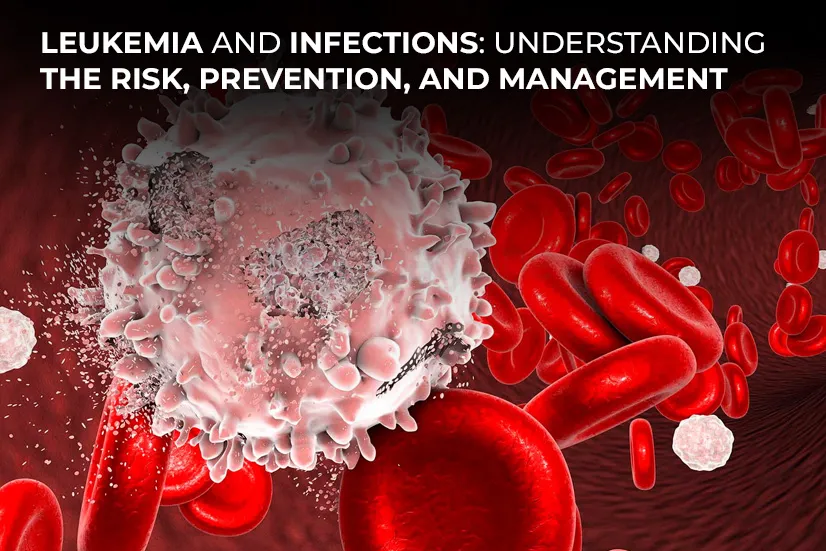
Leukemia and Infections: Understanding the Risk, Prevention, and Management
Blood cancer has many types which are based on...

Gut-Skin Connection - Gut Health and Glowing Skin
Have you ever heard "Beauty starts from within," but...
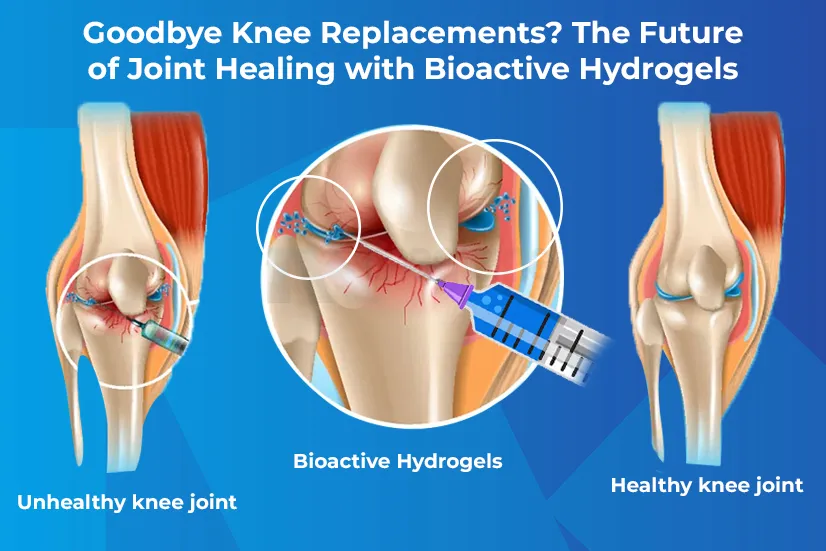
Goodbye Knee Replacements? The Future of Joint Healing with Bioactive Hydrogels
Joint pain and cartilage damage are the most common...

The Science of Vitamins and Nutrients: A Complete Guide
Why Vitamins and Nutrients Matter? ...
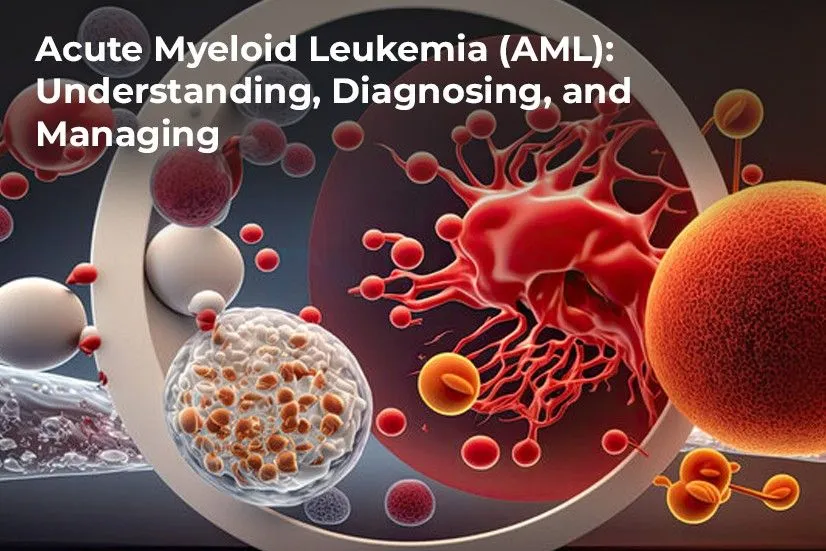
Acute Myeloid Leukemia (AML): Understanding, Diagnosing, and Managing
There are over 100 types of cancer types exist...

10 Super Foods to Nourish Your Skin from Within To Get Natural Glow
Everybody dreams of having bright, clear and radiant skin....
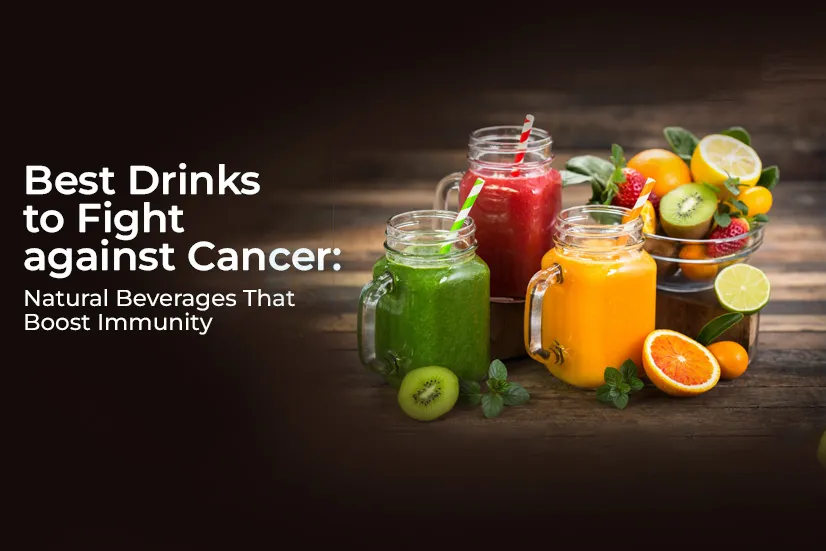
Best Drinks to Fight against Cancer: Natural Beverages That Boost Immunity
On a Global scale, cancer is the major cause...

Oil-free summer: Skin Care for oily skin to survive in summer
Skipping skin moisturization in summer? The reason must be...





